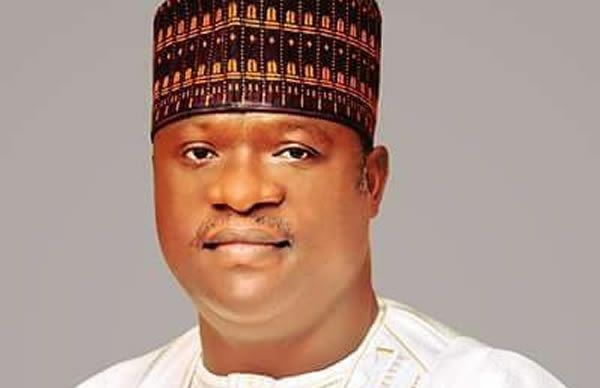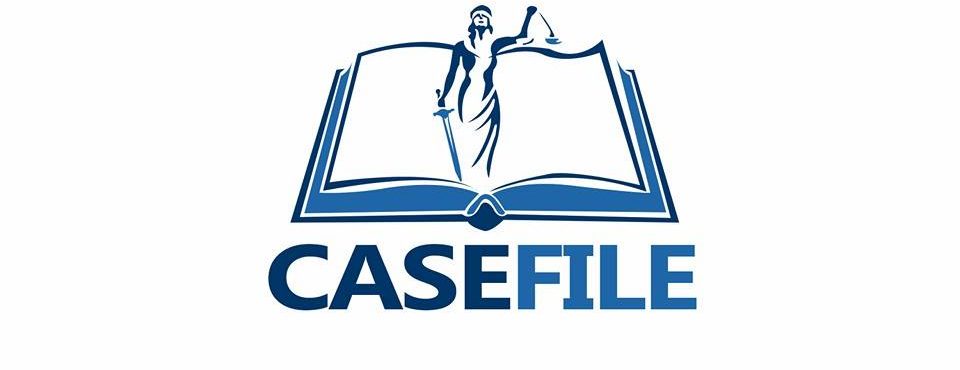Can a lower court upturned the decision of the Supreme Court of Nigeria, the highest court of the land?
This is the question that has been agitating the minds of many stakeholders following the verdict of a Federal High Court, Jalingo, which upturned the 2021 judgement of the Supreme Court in a suit filed by Senator Abubakar Sani Danladi.

A Federal High Court sitting in Jalingo had in 2019 stopped Danaladi from parading himself as the candidate of the All Progressives Congress, APC, three days to the election, in a case filed by Usman Udi, Joshua Paaku, George Geoffrey and Tanko Muslim Munkaila against him, the APC and the Independent National Electoral Commission, INEC.
Danladi appealed his disqualification and lost at the Court of Appeal and the Supreme Court of Nigeria.
However, dissatisfied with the judgement, citing Section 29(6) of the Electoral Act, 2022, Danladi filed a fresh application before the Federal High Court, Jalingo to nullify the 2019 judgement. The court granted his prayer by setting aside its earlier order in suit FHC/JAL/CS/1/2019 barring Danladi from participating in election over alleged age falsification,
Last Monday, January 23, the Court of Appeal in Abuja upheld the verdict of the trial court, which held that it had jurisdiction to set aside the judgement of superior courts if same was not delivered on its merit and if such judgement was based on statute of limitations.
The new development has however been challenged by the PDP on grounds that Danladi’s disqualification had been affirmed by the Supreme Court and so, the trial court no longer has jurisdiction to entertain a matter already decided by the apex Court, which they said is a finality.
But the trial judge, Justice Simon Amobeda held that the court had jurisdiction to quash its earlier verdict based on supporting documents provided by Danladi which qualified him to participate in any election whatsoever.
Armed with the new court decision in his favour, the APC candidate, Sani Abubakar Danladi contended that the last judgement he obtained from the Federal High Court sitting in Jalingo as his defence over that of the Supreme Court judgement.
“When this case came up at the Federal High Court Abuja, the court gave judgement saying that the earlier judgment of the Federal High Court has been set aside by the later judgement of the same court and that there is no judgement disqualifying Sani Abubakar Danladi from contesting election.
Are there constitutional violations in the latest judgement of the trial court? What are the implications to the justice system and rule of law in Nigeria?
The above are some of the issues to be determined by the Supreme Court as the People’s Democratic Party, PDP, sets to challenge the court’s ruling at the apex court.
Justice Amobeda cited cases such as Supreme Court Vs Dingyadi, INEC Vs Okoro Ugwuanyi, and Kogi State Vs INEC in delivering its ruling in the matter.
Armed with this victory, the APC again fielded Danladi as its candidate for Taraba North Senatorial District in the forthcoming election, a decision the PDP has challenged its legitimacy pursuant to Sections 285(14)C and 66 of the Constitution.
Observers worry that this development could undermine the rule of law since there may be no end to litigation.
Stakeholders however viewed the development by the Senator as another attempt at forum shopping. Citing Section 29 of the Electoral Act, 2022, they argued that anyone barred by the court on grounds of a criminal offence cannot stand for any election in the future. According to them, the latest judgement violated all known laws on choices available to a litigant who wishes to appeal or file a fresh case seeking to set aside an earlier judgement of the court.
Activist and Chairman, Nigerian Bar Association Section on Public Interest and Development Law, NBA-SPIDEL. Dr Monday Ubani, said it was sacrilegious for a lower court to vacate the judgement of the Supreme Court, unless on grounds that the trial judge was not aware of the existence of the Apex Court’s decision on the matter.
“You do not do that in the legal profession because there is what we call judicial precedent.
“It is the superior court that establishes a ruling and it is binding on all lower courts. I see no basis of setting aside the Supreme Court’s judgement by a lower court It is sacrilegious.
“Some of the suggestions we are making as lawyers is that if an issue is well established by the superior court on the same fact, the judiciary must put in place a process through which they diligently look at cases that come before them on appeal. If it doesn’t qualify for appeal, the court shouldn’t accept it,” said Ubani.
Also reacting to the judgement by the Court of Appeal, a senior counsel in the case, Edwin Agbu, said it was shocking because all practicing lawyers knew that if a Supreme Court judgement dismisses a suit for being filed outside the provided time, the case was final.
Agbu said: “It is PDP’s contention that he stands disqualified and cannot participate in the 2023 election. Now the Court of Appeal says he can because the Supreme Court judgement was not on the merit of Danladi’s case.
“I do not want to delve into that for some reasons. All I can tell you is that we have received immediate instructions from our clients to proceed to the Supreme Court.
“We argued before the courts that the setting aside of the FHC judgement by another FHC is a nullity. This is because an appeal is simply a continuation of the case it seeks to appeal so that when a case is appealed up to Supreme Court and judgement is given, the judgement of the lower courts are subsumed and covered by the Supreme Court judgement.
“In that scenario the lower courts’ judgement was no longer available on its own to be set aside, so that when you now purport to do so, you are truly setting aside the very Supreme Court judgement that has been delivered on that case.”


